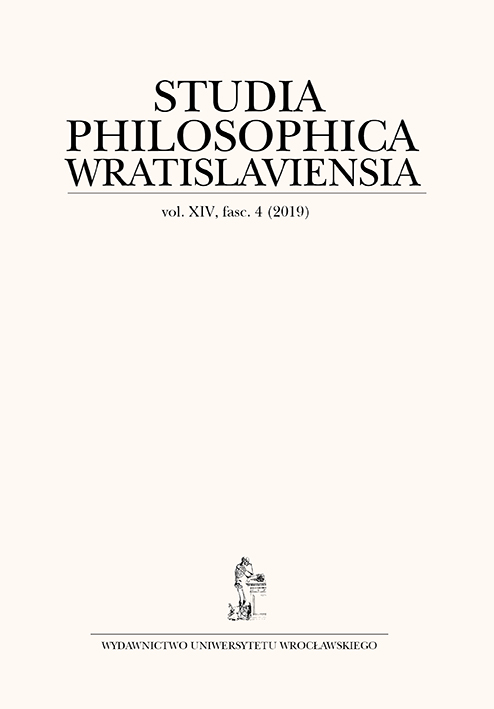

Articles

The paper explores the possibility of finding radical elements of individualistic and libertarian especially left-libertarian thought in Taoist philosophy. It demonstrates that philosophical Taoism should be treated in a comprehensive way, with a particular emphasis on ethics. In connection with this, the anti-authoritarian ethico-political dimension of early Taoism is examined, and it is argued that the Taoist philosophers of ancient China had a deep respect for the equal liberty of individuals, who are all unique by nature. As a result, findings suggest that Taoist anarchism in early medieval China evolved as the logical conclusion from ancient Taoist ethico-political thought since radical ideas were embodied in it. The research goal of this paper is to develop a Taoist-libertarian virtue ethics and to show its political relevance. Therefore, it is also intended to show how Taoist libertarianism avant la lettre undermines political authority despite being neither consequentialist nor deontological, unlike typical American libertarianism.